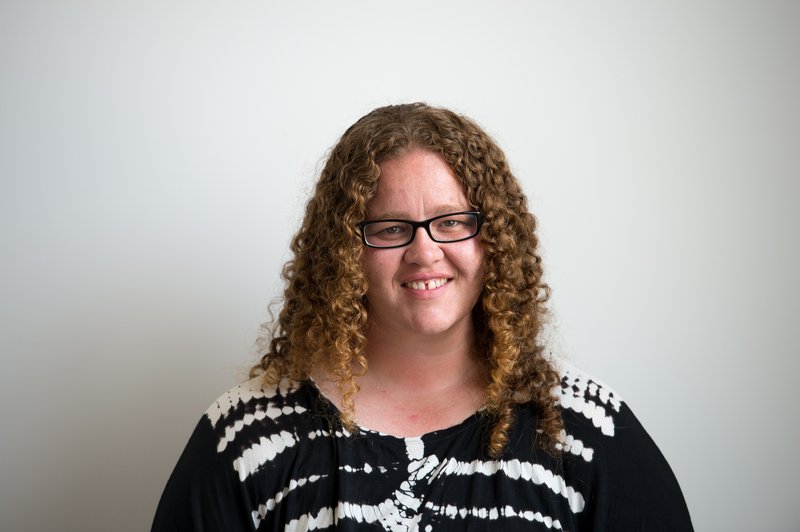Aleshia Lonsdale
NAVA recently talked with artist, Aboriginal Arts Development Officer of Arts OutWest and speaker at Artstate Bathurst, Aleshia Lonsdale.
NAVA recently talked with artist, Aboriginal Arts Development Officer of Arts OutWest and speaker at Artstate Bathurst, Aleshia Lonsdale.

Aleshia Lonsdale's practice delicately and mindfully, draws on her own history and heritage and that of the lands she’s on. Indigenous peoples, their sovereignty and their empowerment are at the forefront of the work she makes. Working with Art OutWest, she has the opportunity to work in different places around regional NSW, with different people, and that’s what she says is the key to building community.
"Bringing together people from different sectors and different diverse backgrounds and really working on projects over time, getting people to invest in it locally, rather than bringing things into a community, building it from the ground up I think is a real strength."
Recently, Lonsdale has been working on “Big Little Histories of Canowindra” with The Corridor Project and says one of the aspects that strengthens the project is how it manages to involve people from across the community, who may or may not be engaged with the arts.
"It’s involving the agricultural sector, farmers, bush ranger enthusiasts, museums, so it’s different sectors of the community, that are not necessarily arts and culture based that are coming together to work on projects, to produce an event that opens up different audiences, and also opens up different sources of funding to be able to put together an event like that . . . It’s just that process and the relationships and partnerships you forge with people that you may have nothing in common with that builds that project and strengthens it from different aspects."
Her sense of place and history sits centrally in her practice which revolves mostly around sculpture and installation. "Even if I’m working away on a project in other communities it always comes back to that for me, I constantly go back to my own community and my own sense of place when I’m thinking about what work I’m creating.”
This sense of place and community is so integral to the work and lifestyles of so many regional artists and workers also comes with the isolation by city-centric institutions. Events like Artstate and Artlands bring national visibility to the work and conversations had by regional artists about regional matters. These events play a significant role in boosting those voices, however this support needs to be more consistent than one-off events. When asked about how more support can be provided to regional artists and communities (besides the obvious, more funding) Lonsdale suggests more professional development opportunities. “We need more opportunities for ongoing regionally based professional development and skill development, so that we don’t have to go to the city to keep current or up to date with things” as well as more media coverage and inclusion with conversation in the city centres; “There’s some fantastic stuff that goes on, but you just don’t necessarily hear about it like you hear about what happens in contemporary galleries and exhibitions in Sydney.” She challenges us to start “really showcasing the innovative work that people do in regional NSW.”
Lonsdale encourages those attending Artstate Bathurst, or tuning in to the conversation online, to really take advantage of the opportunity to see work you’ve never thought about, make connections with people you haven’t worked with and to “think differently about what you do in your communities by seeing what other communities are doing”.
Aleshia Lonsdale will be speaking on a panel at Artstate Bathurst, First Nations Artists: Responding to Place with Amala Groom and Ian RT Colless, moderated by Sharni Jones at 9.45am, Friday 2 November.
“Country, language, ecology, lifecycle and perpetuity are contextual sanctions within the contradiction of occupation, displacement, migration, alienation, conviction and cultural resilience.
A sense of place and longing is embedded deep in the unconscious, manifesting through intergenerational activity and aesthetic connectivity, penetrating deep within the human condition. This panel of First Nations artists will discuss what it means to embrace agency, renewal, transformation, activation, cultural identify in place based practice contexts.”
Photo by Alex Wisser.